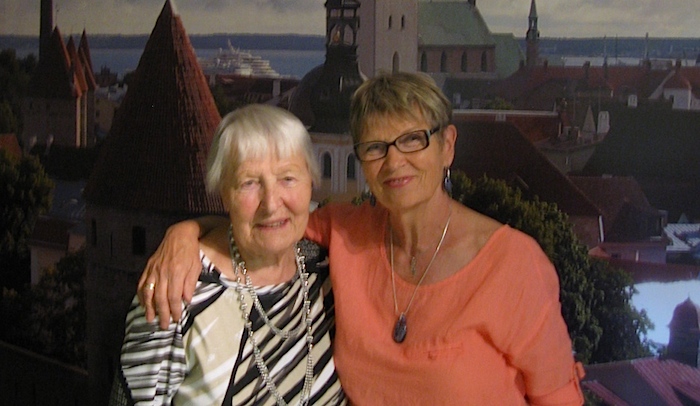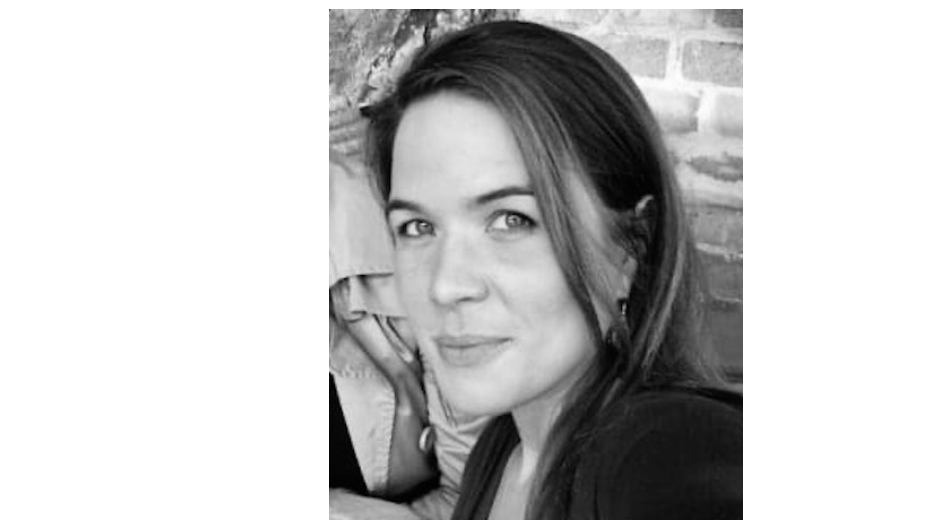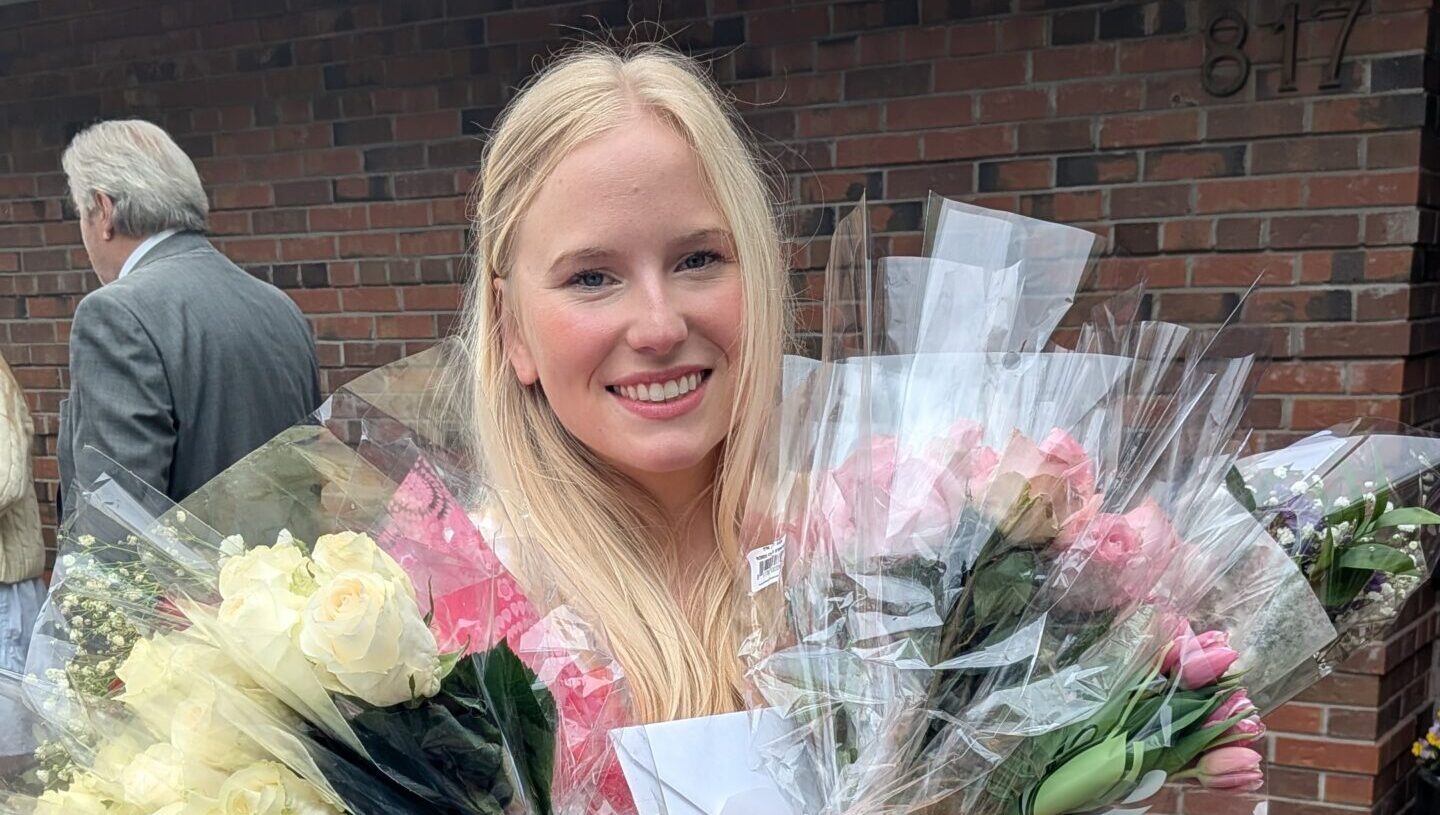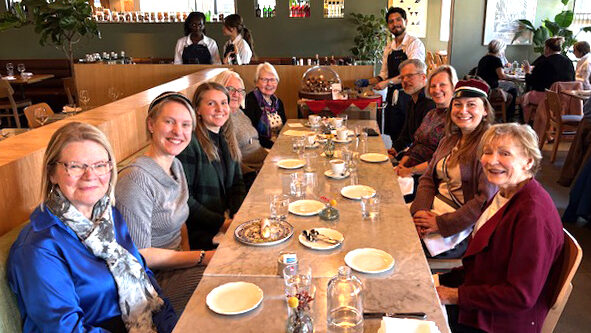My parents survived much tumult, hardship and chaos during their lifetime – the war, the Russian and German occupations, life-threatening escape via sea to Sweden, life in DP camps, as well as the hardships which come from starting life from scratch – in every sense of the word including learning a new language – first in Sweden, then in Canada. Having survived all that, they died on a quiet, peaceful Sunday morning on June 1,1969. They were on their way to their cottage property near Keswick, Ontario, when a teenager drove carelessly through a stop sign and killed them.
When my parents died, their stories of escape from Estonia remained untold, at least to me ears. I had never dared to ask them much because I could sense that that particular theme – leaving behind home, family and homeland – was too painful a topic for discussion in our family.
When I first visited Estonia in 1990, my mother's younger sister Elvi told me that at the end of August, 1944, my mother, brother and I were staying at my grandmother's farm near Elva. My aunt remembers my father coming by bus to pick us up at the farm in order to take us back to Tartu where we lived. She said that embedded forever in her memory was a picture of our family disappearing behind a cluster of trees. My aunt did not realize at that moment that it would be her very last glimpse of our family because my father had not dared to breathe a word to anyone of his plans to flee from the advancing Soviet forces.
In 2004, 60 years after the mass exodus form Eesti, I decided that I wanted and needed to know a little more about my own family's escape from Eesti. Fortunately, I was able to talk to Virve Leesmaa, who along with her husband Arvo, was a fellow passenger in the tiny little fishing boat in which we escaped to Sweden and she provided me with some salient details about our little boat's journey across the Baltic Sea to Sweden.
Virve told me that her husband Arvo and my father were co-workers at the Tartu railway station and that together they had hatched a plan of escape by sea, which involved both families travelling by train from inland Tartu to the coast near Haapsalu. Virve, my mother , my brother and I stayed at a local farm near Haapsalu while the men went about looking for a boat and other essentials for the escape across the Baltic to Sweden.
My father and Arvo managed to obtain a small fishing vessel from a local fisherman with the proviso that we take along his 16-year old son who apparently subsequently became the “captain” of our boat. They also managed to procure a motor for the boat from another fisherman on condition that he, his wife and child were taken along on our flight to the west.
Our journey across the Baltic began on the 28th of September from Puise beach near Haapsalu. By the time we set sail on our treacherous journey, we were apparently in an extreme hurry to leave because the Soviet troops had already reached Haapsalu. The passengers on our boat included my mother, father, brother and myself, Virve and Arvo Leesmaa, a young married couple with a one-year-old child and our very young 16-year old captain. The only living being who saw us leave was the horse that had brought us to the beach.
Things did not go as smoothly as hoped. We were forced to stop on the very first islet near the beach because the motor did not work very well. We stopped to fix the motor a second time on the tiny islet of Pihlalaiu, located in the Soela strait between Hiiumaa and Saaremaa. Little did I know that around the same time a few kilometers away, my future husband's family set their course from Jausa rand in Hiiumaa toward Sweden, where, as fate would have it, Laas and I eventually ended up in the same day care program in the city of Hälsingborg – and where his mother Hella was the director of the program.
Our boat was very small and the sea was very stormy. Half of the boat was covered by a canvas, under which the women and children hovered for protection from the rough weather. The other half of the boat was open to the elements. Although the boat was small, Virve thought that it had to have been very well built and strong to have weathered the extreme battering from the violent waves for so many days.
Because most of the passengers suffered from seasickness, much of the food that was brought along went to waste – for example, my parents had apparently brought along a ham which became worm-eaten and was eventually tossed overboard. Because the boat was so small, there was little room for baggage or extra clothing and the little that had been brought along, was ruined by the salty seawater.
I have a vague recollection of my father recounting at some point when we were in Sweden, that we arrived in Sweden with absolutely nothing more than the clothes on our backs. Apparently my father was even wearing a mismatched pair of shoes because the mates to the mismatched pair were no longer wearable.
But by some small miracle, an album – full of memories of home and family – which my parents had brought along escaped unscathed, something for which I am thankful to this day.
On the fifth day the sea became calm. We had run out of gas and the men started rowing. There was no food or drink left. Attempts were made to create something drinkable by mixing sugar with seawater but the mixture was undrinkable. At that point my parents and the other adults on board must have felt pretty hopeless because it looked like we were not going to survive the trip.
Then a ship appeared on the horizon. From afar we were unable to make out whether it was a Russian, German or Swedish ship. But when it became obvious that it was a Swedish naval ship, a bed sheet was set ablaze as a signal that help was needed. Because everyone on our boat was in a weakened condition from lack of food and drink, the Swedish sailors had to help us aboard the ship. Our rescuers placed everyone in cabins to rest and gave us hot chocolate to drink and sandwiches to eat.
We stepped on Swedish soil for the first time on October 3, 1944 and were taken to a refugee camp in Stockholm where we lived in the Södra Katariina schoolhouse for a matter of months until my parents found housing and employment in the small town of Landskrona, where my sister Anu was born in May of 1946.
In 1995, I visited Puise rand from where my family had set sail. I stood at the water's edge, and looked out at the immense expanse of sea before me. At that moment I felt, what I had always known in my head – the overwhelming feelings of fear and desperation that drove my parents to undertake such a death-defying, perilous journey with two young children in tow……
Ellen Kiviloo Leivat




